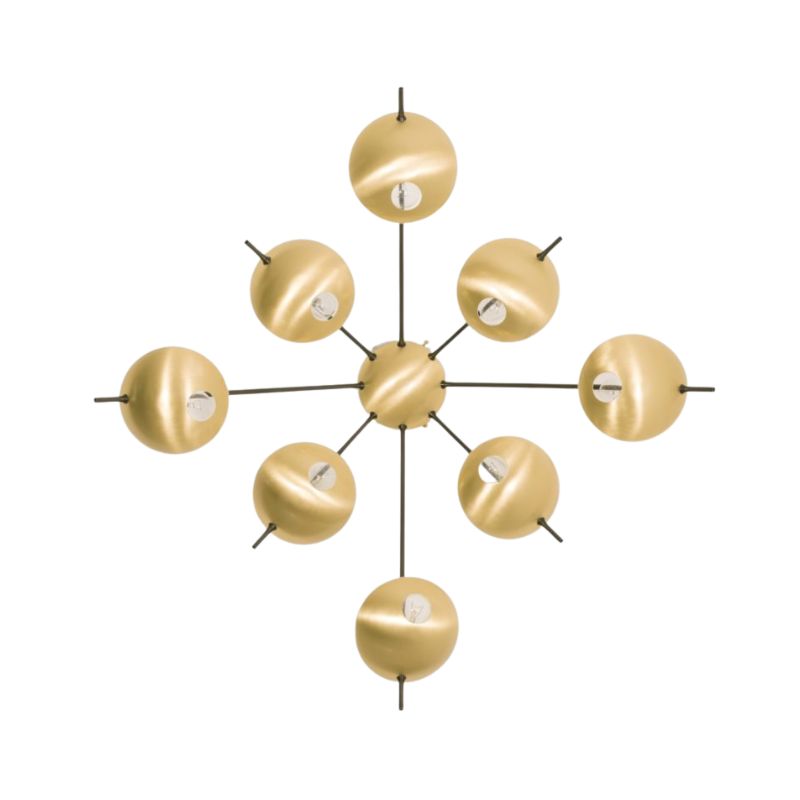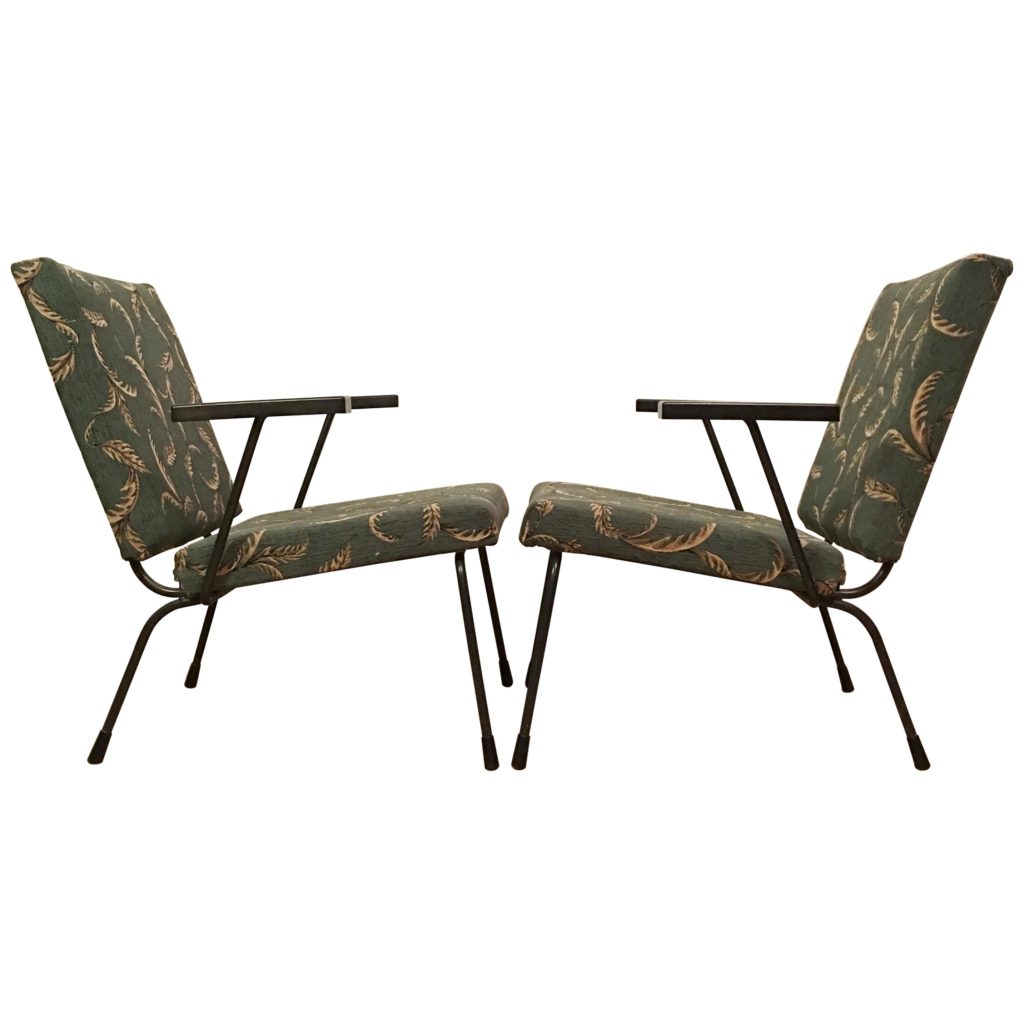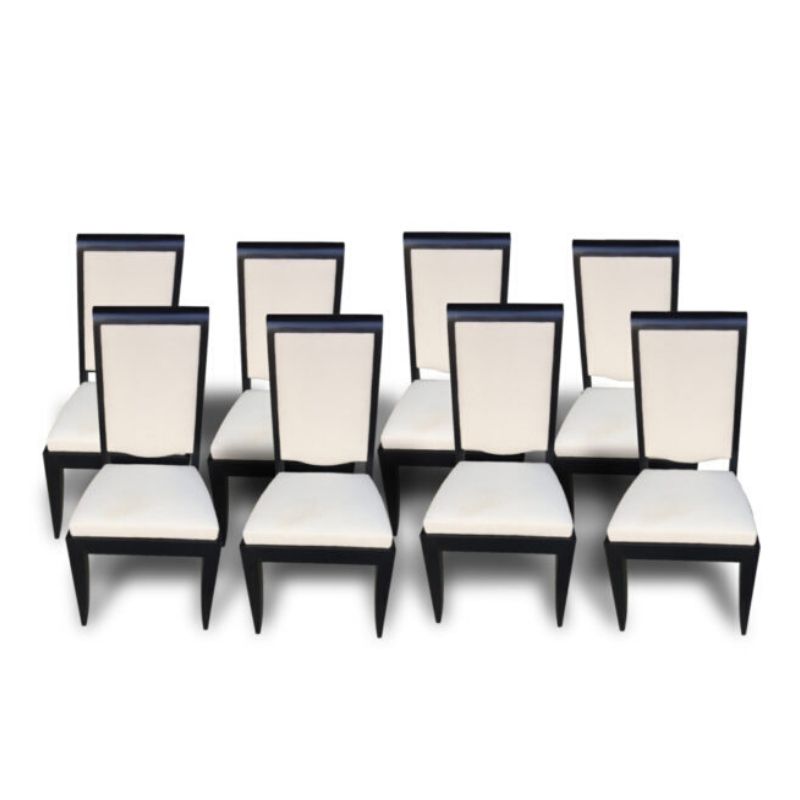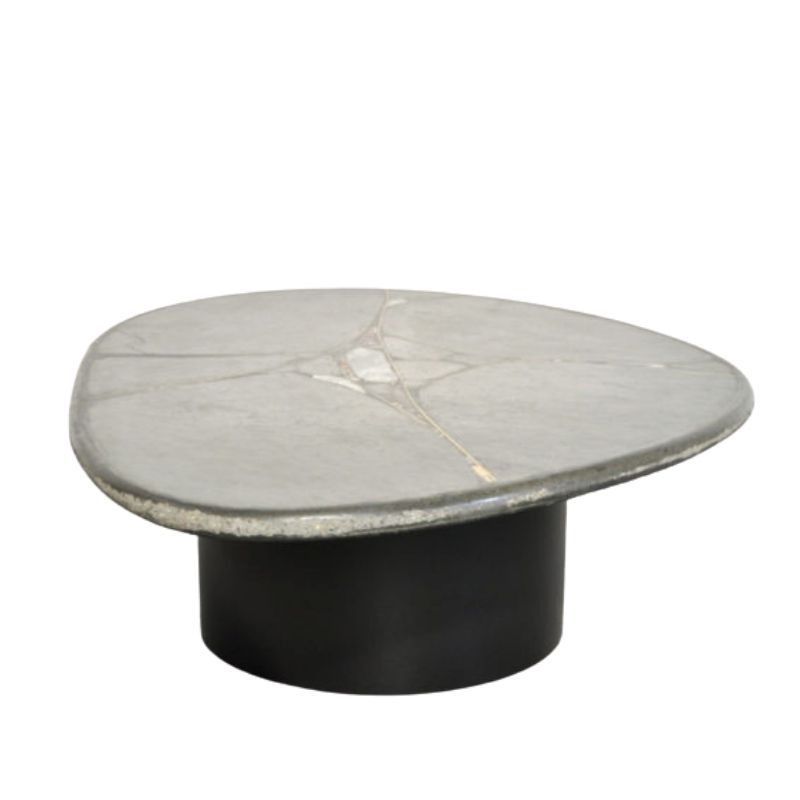Addiction to some habits spoils your health and your future life.
It is difficult to recover from addiction. But you are expexted to do that. Drug addiction leads to harmfull side effects. Please avoid using drugs. If you got into it Take necessary steps to overcome the addiction.So get rid of addiction and lead a happy and joyfull life.
- Jackspar.
Suffering from an addiction. This website has a lot of great resources and treatment centers.
http://www.xxxxxxxxxxxx.org
Edited by DA (no advertising in the forum)
Doubts..
I have no doubts about the kindness that motivates jackspar?s thread on chemical addictions, but I guess there is also some kind of misunderstanding. As often randomly combined notions are often a source of inspiration and so was this, at least for me.
What if our need, and I do not include everybody, for collecting or for getting particularly attached to a past period in design, or for participating in some kind of design process, was an addiction. What if a deeply rooted sense of insecurity made us compulsive lovers of Nelson?s clocks, Eames? shells in real and faded colors or makes us look for our Mahogany Association Number.
It is not, as some might suspect, a sense of aesthetics. Most requests for identification of an often badly photographed piece of furniture are for run of the mill, designed ?me to? products that survived physically but failed to survive the scrutiny of time and although they could still be used they are never beautiful. Yet they receive praise and encouragements. Is that addiction, as many others, the result of being beaten by one?s step mother, or a late reaction and rejection of one?s parent?s ugly divorce? There is no better proof of absence of aesthetic motivation than the fact that we seem to enjoy making a difference between identical pieces not being made by the same manufacturer. So, was it an unhappy childhood, or a teacher that was breathing in our youthful necks while explaining that 3 X 3 = 9? Is collecting really motivated by preserving the best part of the past for the future and making sure that the collected pieces reach future generations in their original state? Or is it the scar of an early and rejected proposal to ?do it? in exchange for a box of chocolates?
What about the explosion of web sites with virtually designed but un-comfortable products that can hardly be produced? Is it really to make sure that Einstein?s warning that someone that does not make a significant contribution before he or she is thirty, will never make one? Or is it a form of compulsive consumption, not of the products of design but of wanting to be part of it?
So, if it is an addiction, what is the real nature of it, if not what is the real motivation?
.
call me cynical, I would say Jackspar is one of these people who has responded to a 'make money online !" type advertisement and is copying and pasting this text on any site where he finds the term 'addict' without bothering to find out more, the treatment centre is no doubt private and just wants to make some more money.
Anyone who smokes and collects design knows its not an addiction, love and a passion maybe but you'd be hard pressed to find anyone suffering from agonising withdrawal.
Perhaps though materialism is an addiction, a lot of people have no idea what do with themselves when not being entertained by a gadget or lathering themselves in their latest purchase.
Jackspar is a parasite.
Jackspar posted that link in order to increase his website's Google ranking. Search the word "addict" and you see that Design Addict is on the first page of results. He's hoping that the link he posted will also raise his page's ranking. Which it technically should, but morally should not. Jackspar is a parasite.
my take
on koen's thoughts is that the "harmless" addiction that is evidenced here can often be a "justifiable" cover for our less stellar emotional attributes. for myself, all i need do is think about what i might spend my energy on instead, and there are many healthier possibilities available. I am no mental health expert but the traits seem very suspect to me. this isnt design addict for nothing.
What if the model for all human activity were addiction?
Put another way, what if all human behaviors were essentially addictive patterns, but those that were considered normative and constructive within a normal distribution of a social/political/economic group were labeled "normal" and those that were considered at the tails of the distribution were labeled "addictive?"
This sort of model would explain the considerable variance in what is considered normative behavior in various societies and in various periods of history, while also explaining the tendancy for definitions of normative behaviors to persist often long beyond their ineffectiveness is betrayed.
Neuroscientifically speaking, all human behavior distills to a combination of chemical and electrical patterns in the neural nets of the brain triggered by a combination of stimulus from nerve endings (environmental context) and auto-stimulation by random interaction of neural-burn-patterns in the brain.
Persons could be said to be addicted to rationality.
They could be addicted to irrationality.
They could be addicted to religion, or to atheism, or agnosticism.
One could be addicted to war, or to peace.
They could be addicted to conservatism, or liberalism, whatever ism.
They could be addicted to love, or to hate, or any interim emotional state.
They could be addicted to design, or exploitation of design.
They could, I suppose, even become addicted to acting unaddicted.
Being and becoming are involved. Some remain addicted. Others switch addictions in this model.
Your serve, Koen.
Note: I am not saying I advocate this hypothesis. I am just throwing it out on the table for consideration.
If you need any help, please contact us at – info@designaddict.com









